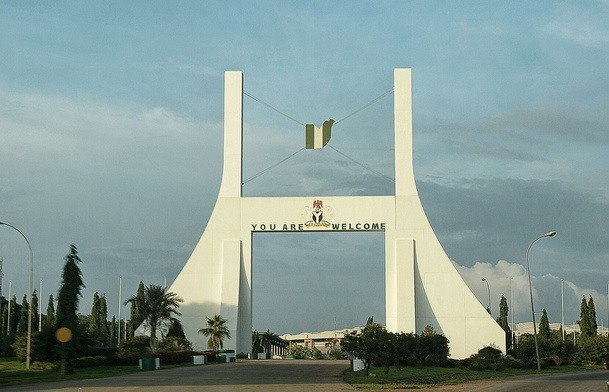By Bala Barau
Love it or hate it, Abuja, the Federal Capital Territory (FCT), is a unique city; the symbol of our unity that makes us proud as Nigerians. It’s a city deliberately planned, created by law, located in the heart of the country!
With all the human foibles, Abuja is still a project in progress.
Recall that this city was designed and planned to be developed over 25 years into 74 districts, as well as sector centres with integrated infrastructure.
When Muhammad Musa Bello, the present minister of the FCT, assumed office in November, 2015, he was confronted with a city literally bursting at the seams with hordes of all manner of ‘settlers.’ Nigerians from all parts of the country, legitimately, albeit often misguided, are trooping into the city in search of bread and butter. To be sure, many were forced to relocate, displaced by economic, social and religious problems in various parts of the country.
The outcome of this surge in population is the distortion of original plans. Now we are all confronted with a modern city where facilities are grossly overstretched because they were meant to cater for a very much lower population than what we currently have. The original planners envisioned Abuja as the administrative centre for the country, not a glorified settlement for internally displaced persons!
The result of our collective reluctance to follow due process, cutting corners as well as talks without action have led us to the present predicament. Minister Bello inherited a city where the concept and original plans have been compromised by all kinds of greedy merchants in and out of government. The picture was chaotic to say the least. Buildings, infrastructure and social facilities were erected haphazardly, no thanks to estate developers and their accomplices in the bureaucracy.
On the flip side, funding became irregular, forcing many contractors to abandon their sites, lay off staff and confront us with uncompleted projects. One instance will suffice. The 14 km Apo – Karshi Road was scheduled to be completed in December, 2011. That became unrealistic because the project was starved of funds and abandoned until the present administration provided N1.5 billion in the 2016 budget to complete this important road designed to provide alternative route for motorists coming into the city from the Nyanya-Mararaba axis.
The satellite towns also stagnated owing to irregular funding. Thousands of indigenous settlers who were expected to move from the city centre to these new towns have stayed put, constituting a hindrance to the completion of critical infrastructure within the city centre. The result is the slums you find in places as Garki village; Mabushi, Utako and Jabi districts. Because the road and sewage networks have not been completed and fully integrated, many roads are usually flooded after heavy rains while the drainages are blocked by refuse dumped by residents who refuse to observe simple hygienic habits but expect a clean and refuse-free city.
What can the FCTA administration do without funds? Records indicate that the FCT administration has not had regular funding for projects. We are elated that construction activities have resumed on critical link-roads and fly-over bridges. Hopefully, other critical infrastructures will be funded as well as a backlog of payments due to sundry service providers.
Nigerians, especially residents of Abuja, have a reason to be worried. Their complaints border on insecurity as seen in few robbery attacks in the city centre at night and homes in satellite towns; infrastructure deficit especially storm water drainages and good roads in the satellite towns; non-functional streetlights for illumination of roads and neighbourhoods; prevalent dirt and improper waste disposal and unemployment as seen in the army of unemployed youths roams Abuja streets looking for white collar and menial jobs.
These problems reflect the challenges facing the whole country, not the FCT alone.
However, with the approval of the appointment of mandate secretaries, executive secretary, Federal Capital Development Authority, heads of agencies and personal aides to the FCT minister, we are confident that more vitality would be brought to bear on efforts to provide basic services to impact the lives of residents in the city and the satellite towns.
Mallam Barau is the FCT Chairman, Abuja People’s Forum

 Join Daily Trust WhatsApp Community For Quick Access To News and Happenings Around You.
Join Daily Trust WhatsApp Community For Quick Access To News and Happenings Around You.


